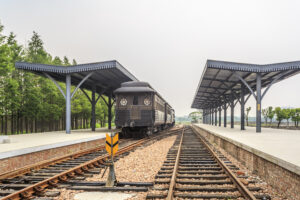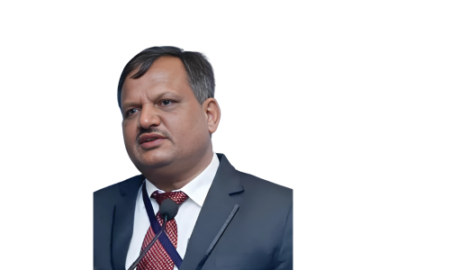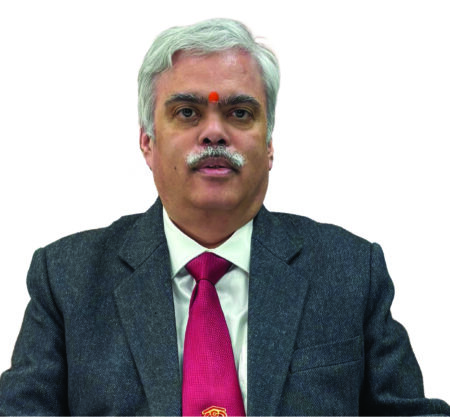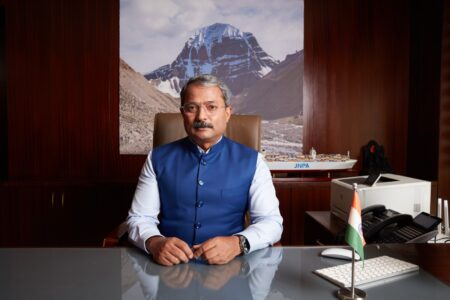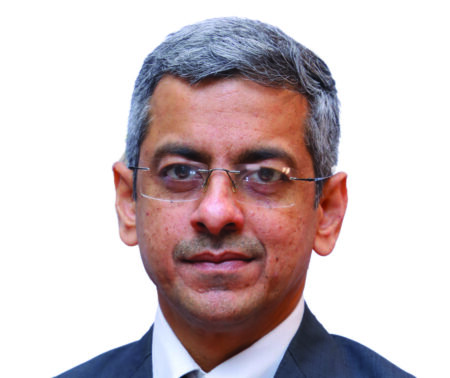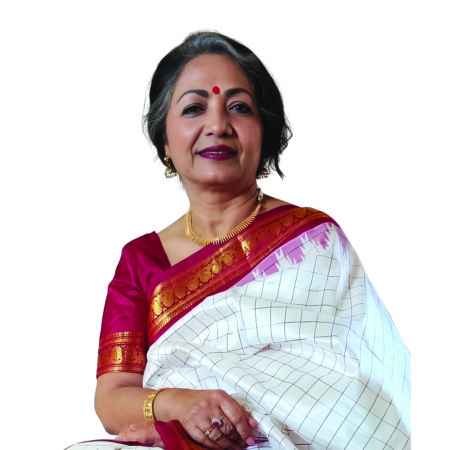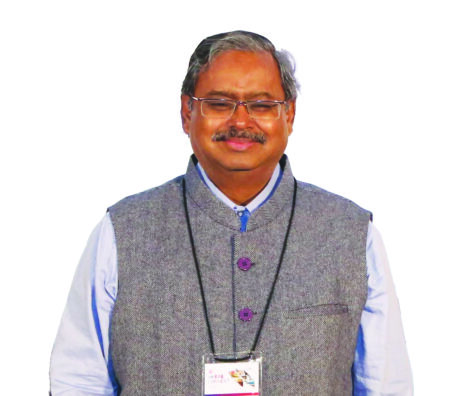From pioneering cargo containerisation to driving policy reforms and skilling initiatives, R. Radhakrishnan, Former Chairman, FFFAI, and Chairman, Clearship Group, has dedicated five decades to shaping India’s modern, efficient, and globally respected logistics ecosystem.
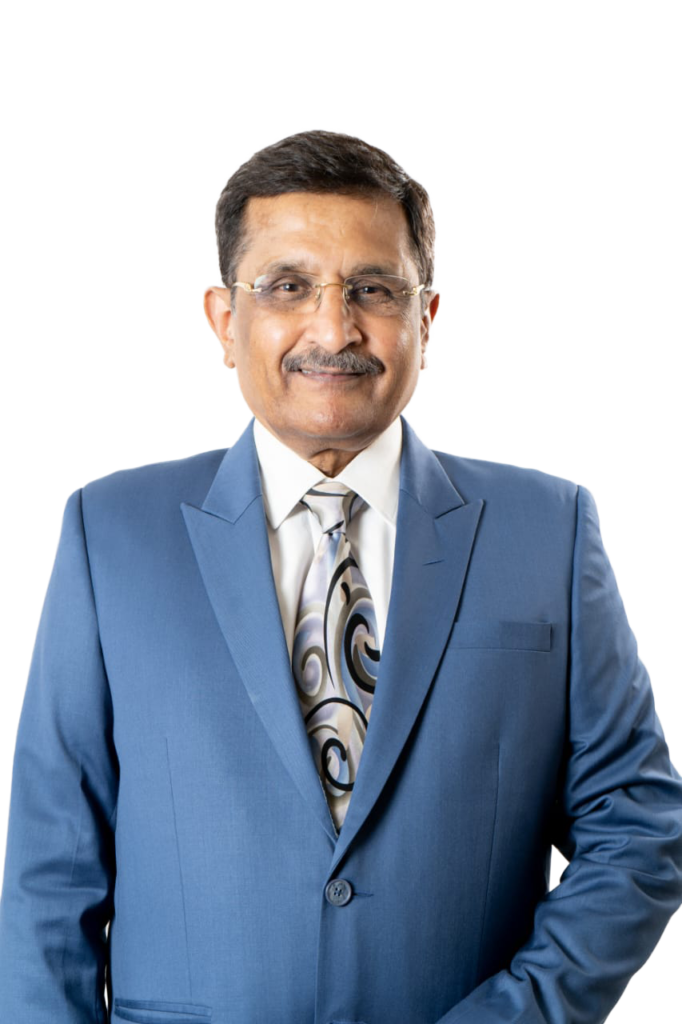
I wanted to build systems and people that would outlast my time
There are some journeys that don’t just follow the map—they redraw it. R. Radhakrishnan’s five-decade-long voyage through India’s logistics sector is one such story. Former Chairman of the Federation of Freight Forwarders’ Associations in India (FFFAI) and Chairman of Clearship Group, Radhakrishnan’s career spans moments that not only defined his professional path but also helped chart the course for an entire industry.
From his early foray into freight forwarding during a college internship in the 1970s to leading national associations and influencing logistics policy, his role has always been more about vision than titles.
The beginning: An era of possibilities
It was the summer of 1971 when Radhakrishnan first entered the world of logistics—not through a grand plan, but as a curious intern at Clearship, a family-run company founded that same year. Back then, logistics in India was still taking shape, more reactive than strategic. Yet for the young Radhakrishnan, signs of change were unmistakable.
He quickly saw that the industry wasn’t just about transporting cargo; it was about enabling commerce and connecting economies. By the late 1970s, Radhakrishnan became part of India’s early movement toward containerised cargo, well before it became the norm.
He and his team also pioneered Buyers’ Consolidation, a model that streamlined shipments from multiple vendors for global retailers. At a time when cross-border efficiency was more ambition than reality, this gave importers a dependable way to source from India. The concept wasn’t just timely; it transformed trade facilitation.
True impact in logistics comes from shaping minds, not just moving cargo
Setting foundations
In 1981, he was entrusted with setting up Clearship’s first branch in Delhi, a step that shaped his understanding of national trade dynamics. His decade in the capital allowed him to engage with key stakeholders and customs authorities and witness the evolution of India’s trade systems.
He marked several “firsts” during this phase, loading the first container at India’s inaugural Inland Container Depot at Pragati Maidan and later at the first Container Freight Station in Patparganj. These moments weren’t just historic; they were evidence of his deep, operational involvement.
Yet what sets Radhakrishnan apart isn’t just his presence at these milestones but his ability to turn them into momentum for broader change.
FFFAI: From representation to transformation
His contributions expanded with his involvement in FFFAI, well before he became Chairman in 2009. He had already helped secure an independent office for the federation in 2007, transitioning from shared space into a standalone headquarters.
As Chairman, he worked to elevate India’s freight forwarders through professionalism and international relevance. He collaborated with ministries; Commerce, Finance, Shipping and CBIC to advocate for reforms and digitalisation in customs procedures. One major leap was the rollout of ICEGATE, India’s customs e-filing portal, where Radhakrishnan played a pivotal, bridging role between trade stakeholders and the government.
He was also involved in the foundational efforts of the Indian Institute of Freight Forwarders, initiated by FFFAI, offering globally accredited FIATA courses, ensuring Indian professionals had access to international-quality training.
Global bridges, Local strength
His leadership brought global recognition to India’s freight community. He helped host India’s first FIATA RAP meeting in Delhi, attended by key government and international delegates.
He also led a 45-member delegation to Italy, an initiative fully sponsored by the Indo-Italian Chamber of Commerce, fostering Indo-European trade relations. For him, diplomacy wasn’t symbolic; it was about connecting Indian logistics with the world.
Throughout his tenure, Radhakrishnan emphasised cooperation, not confrontation. “We always saw the government as a partner in progress,” he often reflects. His efforts built a culture of constructive engagement, focused on mutual goals like trade facilitation and infrastructure improvement.
Championing knowledge, Nurturing leaders
Radhakrishnan strongly believes that knowledge is meant to be shared. He sees logistics not as a closed circle but as a collaborative network driven by learning and trust.
At FFFAI and beyond, he created platforms where professionals could exchange ideas, raise concerns, and find solutions together. From national conventions to digital forums, inclusivity was key.
He brought this same culture into his organisation, encouraging internal mentoring, cross-functional teamwork, and early adoption of technology, all long before they became industry buzzwords.
Looking ahead
Even today, Radhakrishnan remains forward-looking. He sees India’s logistics sector at a defining juncture, buoyed by the government’s infrastructure focus through initiatives like PM Gati Shakti, Bharatmala, and the National Logistics Policy.
However, he acknowledges real challenges: talent gaps, infrastructure shortfalls, and the need for continuous tech integration. Digital logistics, AI-based systems, blockchain, and ESG compliance, he believes, are no longer optional; they’re essential.
He sees particular promise in emerging sectors: pharma, e-commerce, EVs, and semiconductors, all requiring agile, tech-enabled logistics support. To seize these opportunities, collaboration across government, industry, and institutions must become the norm.
Advice to the next generation
For young professionals, his message is clear:
“Master the basics. Understand the entire supply chain. Don’t just deliver—think ahead.”
He urges them to be tech-savvy, ethical, customer-centric, and above all, responsive. “In logistics, things go wrong. But how you react defines who you are.”
Most importantly, he encourages them to see logistics not just as the movement of goods but as the movement of trust, value, and transformation.
A quiet architect of progress
R. Radhakrishnan doesn’t seek the spotlight. His legacy is not in soundbites but systems, in the institutions he helped build, the standards he helped raise, and the many professionals he mentored.
India’s logistics industry today stands taller, more connected, and better equipped, thanks, in part, to individuals like him. Through foresight, humility, and relentless effort, he has helped shape not just an organisation but an entire sector’s future.

